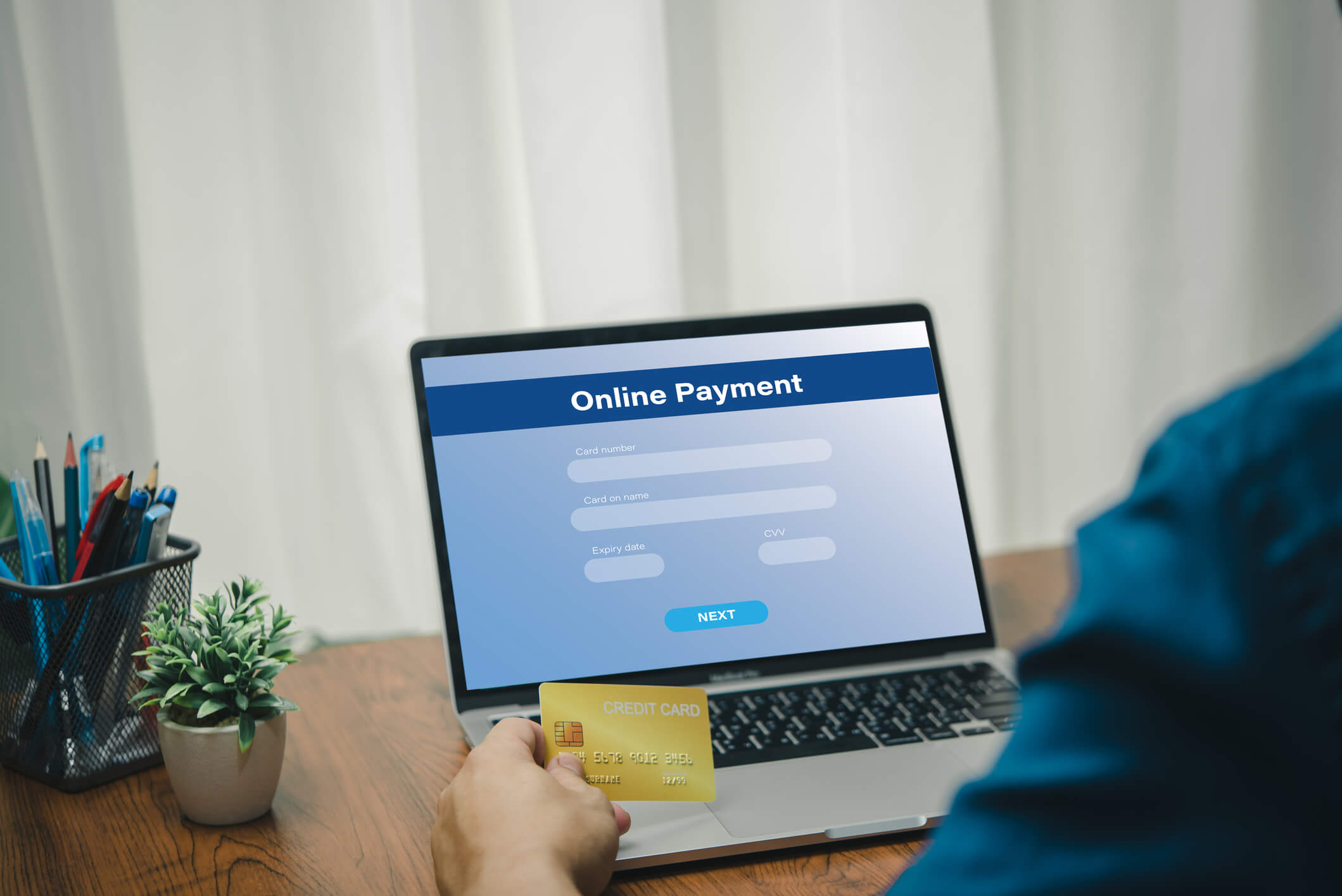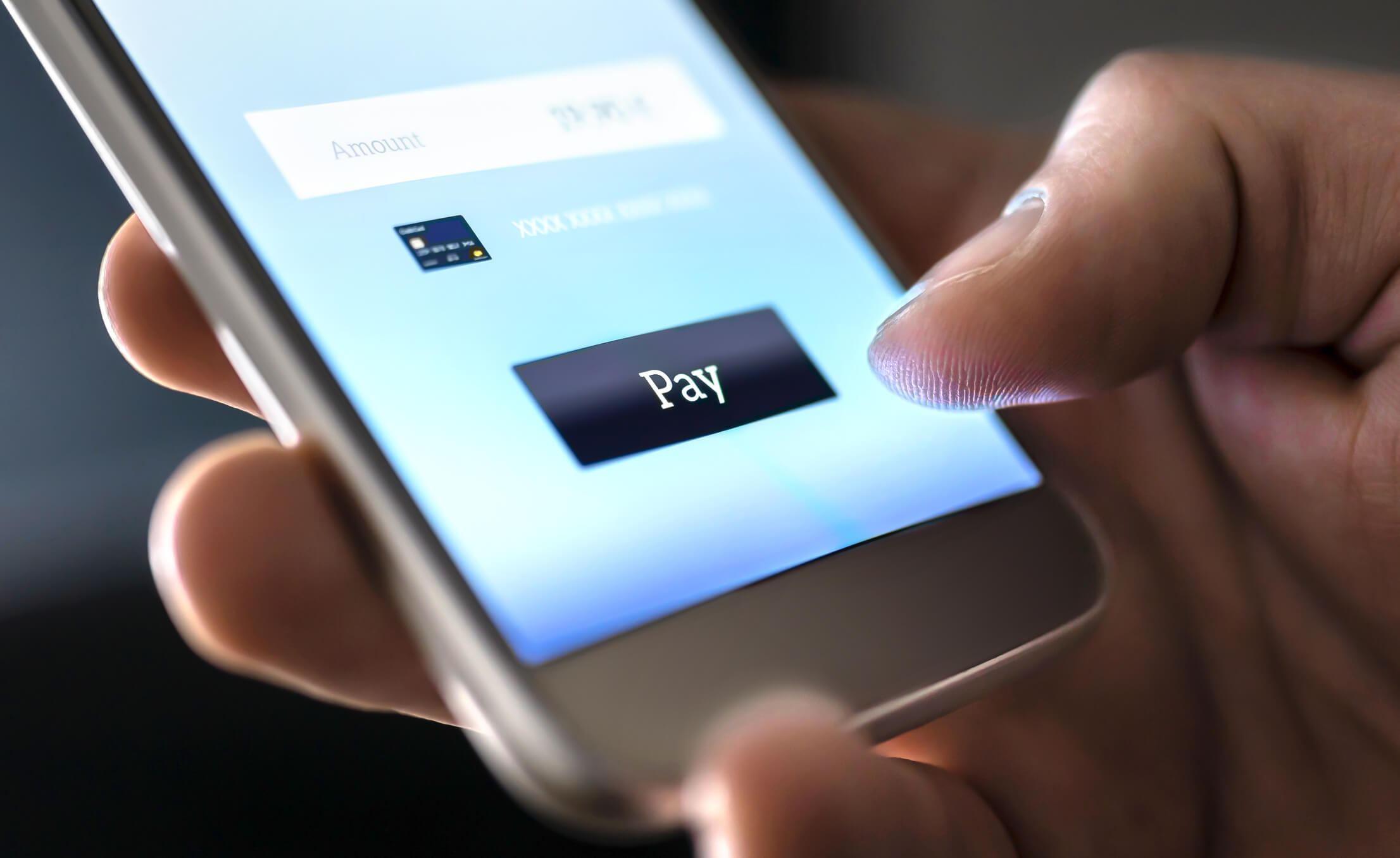
By alphacardprocess October 1, 2024
Payment gateways play a crucial role in facilitating secure and efficient transactions in the construction industry. As the industry continues to evolve, so do the payment processing methods.
In this article, we will explore the future trends in payment gateways for construction payment processing, including the rise of mobile payment solutions, the impact of blockchain technology, the integration of Internet of Things (IoT), enhanced security measures, the role of big data analytics, and the emergence of virtual reality and augmented reality.
Current Challenges in Construction Payment Processing
The construction industry faces several challenges when it comes to payment processing. One of the major challenges is the complexity of the payment ecosystem, involving multiple stakeholders such as contractors, subcontractors, suppliers, and vendors. This complexity often leads to delays in payment processing, disputes, and inefficiencies. Additionally, the lack of transparency and visibility in the payment process can result in fraud and payment disputes.
Another challenge is the reliance on traditional payment methods such as checks and cash, which are time-consuming and prone to errors. These methods also make it difficult to track and reconcile payments, leading to delays in project timelines and cash flow issues. Furthermore, the manual nature of these processes increases the risk of human error and fraud.
The Rise of Mobile Payment Solutions in Construction

Mobile payment solutions have gained significant traction in recent years, and their adoption in the construction industry is on the rise. These solutions enable contractors and subcontractors to accept payments on the go, improving cash flow and reducing payment processing time. Mobile payment apps allow for quick and secure transactions, eliminating the need for physical checks or cash.
One example of a mobile payment solution is Square, which provides a portable card reader that can be attached to a smartphone or tablet. Contractors can easily accept credit card payments on-site, streamlining the payment process and reducing the risk of errors. Mobile payment solutions also offer features such as invoicing, digital receipts, and real-time reporting, providing contractors with greater visibility and control over their finances.
Blockchain Technology and its Impact on Construction Payment Gateways

Blockchain technology has the potential to revolutionize payment gateways in the construction industry. Blockchain is a decentralized and transparent ledger that records transactions in a secure and immutable manner. By leveraging blockchain technology, construction payment gateways can enhance security, reduce fraud, and streamline payment processes.
One of the key benefits of blockchain technology is its ability to provide a single source of truth for all payment transactions. This eliminates the need for multiple intermediaries and reduces the risk of disputes and delays. Additionally, blockchain enables real-time tracking and reconciliation of payments, improving transparency and visibility in the payment process.
Smart contracts, which are self-executing contracts with the terms of the agreement directly written into code, can also be implemented using blockchain technology. Smart contracts automate payment processes, ensuring that payments are released automatically when predefined conditions are met. This eliminates the need for manual intervention and reduces the risk of payment disputes.
Artificial Intelligence and Machine Learning in Construction Payment Processing
Artificial intelligence (AI) and machine learning (ML) technologies are increasingly being integrated into construction payment processing systems. These technologies can automate manual tasks, improve accuracy, and enhance decision-making processes.
AI and ML algorithms can analyze historical payment data to identify patterns and predict payment behavior. This can help construction companies assess the creditworthiness of contractors and subcontractors, reducing the risk of non-payment or delays. AI-powered chatbots can also provide real-time support and assistance to contractors, answering payment-related queries and resolving issues promptly.
Integration of Internet of Things (IoT) in Construction Payment Gateways
The Internet of Things (IoT) is another technology that is transforming construction payment gateways. IoT devices such as sensors and wearables can collect real-time data on construction activities, enabling automated payment processes based on predefined milestones or completion criteria.
For example, IoT devices can track the progress of a construction project and automatically trigger payments when specific milestones are achieved. This eliminates the need for manual verification and reduces the risk of payment delays or disputes. IoT devices can also monitor equipment usage and maintenance, enabling automated payments for rental or leasing services.
Enhanced Security Measures for Construction Payment Processing
Security is a critical concern in construction payment processing, given the high value of transactions and the potential for fraud. Future trends in payment gateways for construction will focus on implementing enhanced security measures to protect sensitive payment information.
One such measure is the use of tokenization, which replaces sensitive payment data with a unique identifier or token. This ensures that payment information is not stored or transmitted in its original form, reducing the risk of data breaches. Tokenization also enables secure and seamless recurring payments, improving convenience for contractors and subcontractors.
Biometric authentication is another security measure that is gaining popularity in construction payment processing. Biometric authentication uses unique physical or behavioral characteristics, such as fingerprints or facial recognition, to verify the identity of users. This provides an additional layer of security, reducing the risk of unauthorized access to payment gateways.
The Role of Big Data Analytics in Construction Payment Gateways
Big data analytics is playing an increasingly important role in construction payment gateways. By analyzing large volumes of payment data, construction companies can gain valuable insights into payment trends, identify potential risks, and optimize their payment processes.
Big data analytics can help construction companies identify patterns of late payments or non-payment, enabling proactive measures to mitigate these risks. It can also provide insights into payment preferences and behaviors, allowing companies to tailor their payment options to meet the needs of contractors and subcontractors.
Furthermore, big data analytics can enable predictive modeling, allowing construction companies to forecast cash flow and anticipate potential payment delays. This can help companies better manage their finances and ensure timely payments to suppliers and vendors.
Future Trends in Construction Payment Processing: Virtual Reality and Augmented Reality
Virtual reality (VR) and augmented reality (AR) technologies are poised to revolutionize construction payment processing in the future. These technologies can enhance collaboration, improve project visualization, and streamline payment processes.
VR and AR can enable contractors and subcontractors to visualize construction projects in a virtual or augmented environment. This can help identify potential design flaws or conflicts early on, reducing the risk of costly rework and delays. VR and AR can also facilitate remote inspections and approvals, eliminating the need for physical site visits and speeding up the payment process.
Furthermore, VR and AR can be used to create immersive payment experiences. For example, contractors can use VR headsets to view and approve payment invoices in a virtual environment, enhancing transparency and reducing the risk of errors. AR can also be used to overlay payment information onto physical objects, making it easier for contractors to verify payment details.
FAQs
Q.1: What is a payment gateway in construction payment processing?
A payment gateway is a technology platform that facilitates the secure and efficient transfer of funds between buyers and sellers in the construction industry. It acts as a bridge between the construction company’s website or application and the financial institution, ensuring that payment information is transmitted securely.
Q.2: What are the current challenges in construction payment processing?
The construction industry faces challenges such as complex payment ecosystems, reliance on traditional payment methods, lack of transparency, and visibility, and the risk of fraud and disputes.
Q.3: How can mobile payment solutions benefit the construction industry?
Mobile payment solutions enable contractors and subcontractors to accept payments on the go, improving cash flow and reducing payment processing time. They also offer features such as invoicing, digital receipts, and real-time reporting, providing contractors with greater visibility and control over their finances.
Q.4: How can blockchain technology impact construction payment gateways?
Blockchain technology can enhance security, reduce fraud, and streamline payment processes in construction payment gateways. It provides a single source of truth for all payment transactions, eliminates the need for multiple intermediaries, and enables real-time tracking and reconciliation of payments.
Q.5: What is the role of artificial intelligence and machine learning in construction payment processing?
AI and ML technologies can automate manual tasks, improve accuracy, and enhance decision-making processes in construction payment processing. They can analyze historical payment data to identify patterns and predict payment behavior, assess the creditworthiness of contractors and subcontractors, and provide real-time support and assistance to contractors.
Conclusion
The future of payment gateways in construction payment processing is promising, with the rise of mobile payment solutions, the impact of blockchain technology, the integration of IoT, enhanced security measures, the role of big data analytics, and the emergence of VR and AR. These trends will revolutionize the way payments are processed in the construction industry, improving efficiency, transparency, and security. Construction companies that embrace these trends will gain a competitive edge and be better positioned to navigate the evolving payment landscape.